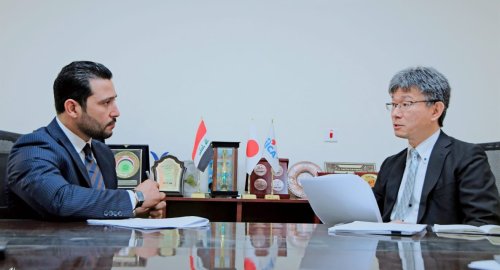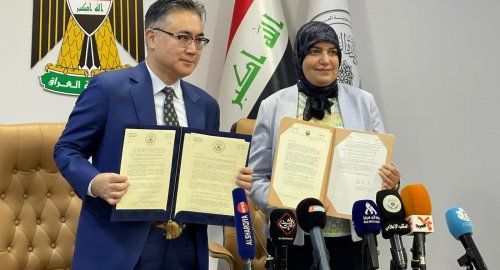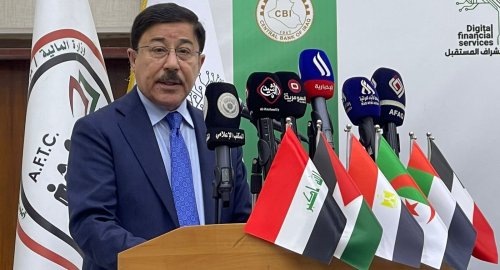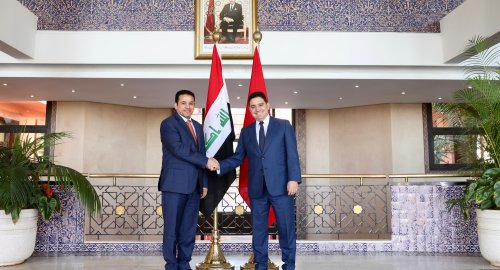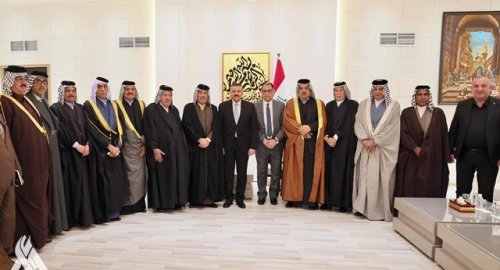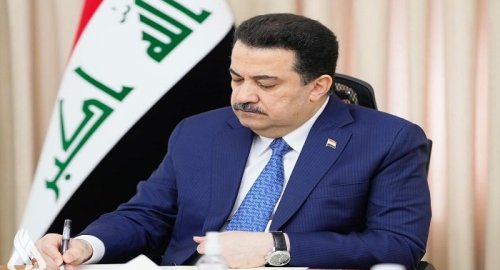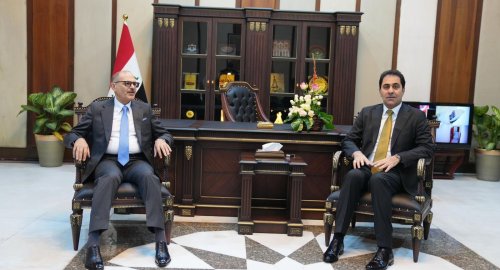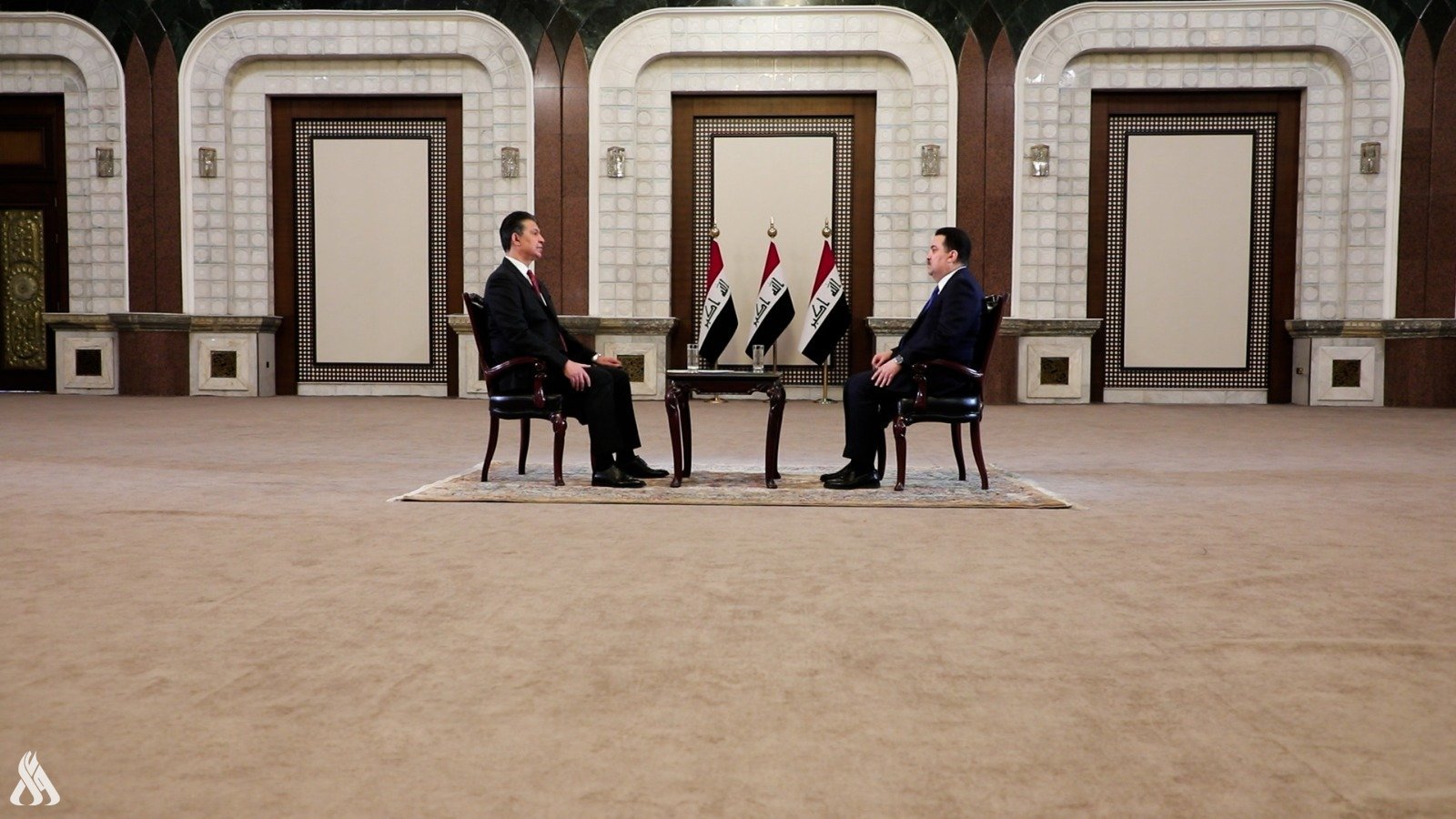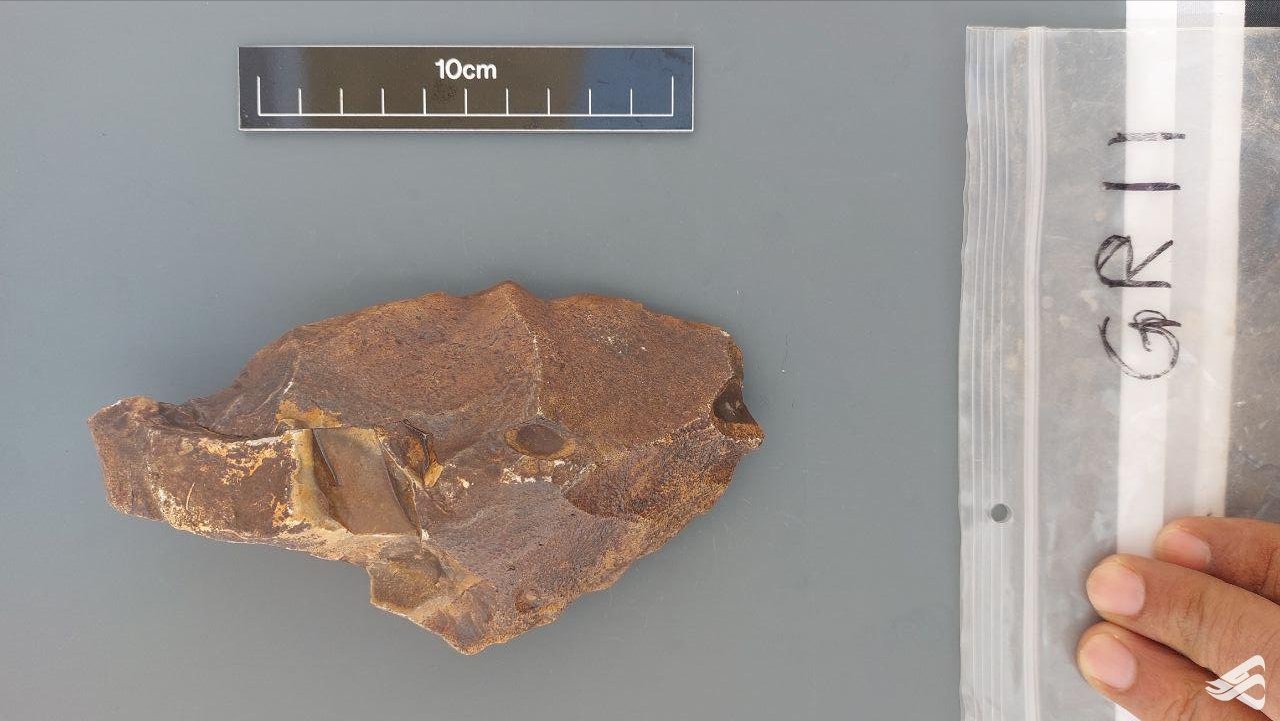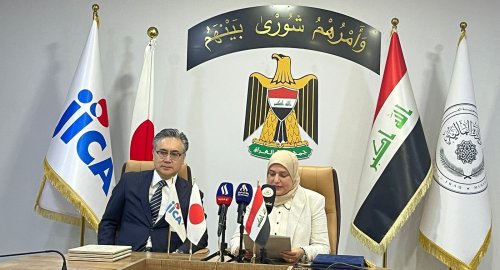
Finance Minister Signs Japanese Loan Agreement for Sixth Phase of Basra Refinery Development Project

- 17-11-2024, 11:24
Baghdad – INA
Finance Minister Taif Sami signed on Sunday, the Japanese loan agreement for the sixth phase of the Basra Refinery Development Project.
In her remarks during the signing ceremony, which was attended by an INA correspondent, Sami stated, "In line with the objectives of the ministerial program, which emphasizes supporting loans for economically viable investment projects, and in continuation of Iraq's economic cooperation with Japan, the Iraqi government has commenced borrowing from Japan to finance the Basra Refinery development project."
She noted that "this represents one of the largest foreign loan-funded investment projects."
Sami further explained that "the loan will contribute to the completion of the project and to reducing Iraq’s reliance on imported petroleum products by meeting domestic demand for petroleum derivatives. The project is also critical for addressing environmental concerns by introducing the FCC cracking technology, the first of its kind in the Middle East, which will remove sulfur from light diesel oil and enhance the quality of the products produced."
She highlighted that "the sixth phase was signed in accordance with the provisions of the Federal Budget Law and the 2024 deficit financing tables, as well as Cabinet Resolution No. 24805 of 2024 for the Basra Refinery Development Agreement, valued at 60.04 billion Japanese yen (approximately 380 million USD)." Sami expressed optimism that "this phase would conclude the series of agreements signed in previous years, as the successful and timely completion of the project will stimulate private sector participation in Iraq's energy sector and create job opportunities for the Iraqi population upon its completion."
The project is progressing rapidly under the supervision of the Ministry of Oil / South Refineries Company, with an estimated 93% of the work completed. Full project completion and trial operations are expected by mid-2025.
US Central Command: We killed ISIS terrorist leader Abu Yusuf in Syria
- International
- 24/12/20
Liverpool compete with Real Madrid to sign Olympique Lyonnais star
- Security
- 24/12/19
Hackers exploiting Microsoft Teams to gain remote access to user’s system
- Multimedia
- 24/12/17
The discovery of Pre-Christian human settlement sites in Iraq
- Investigations and reports
- 24/12/18
